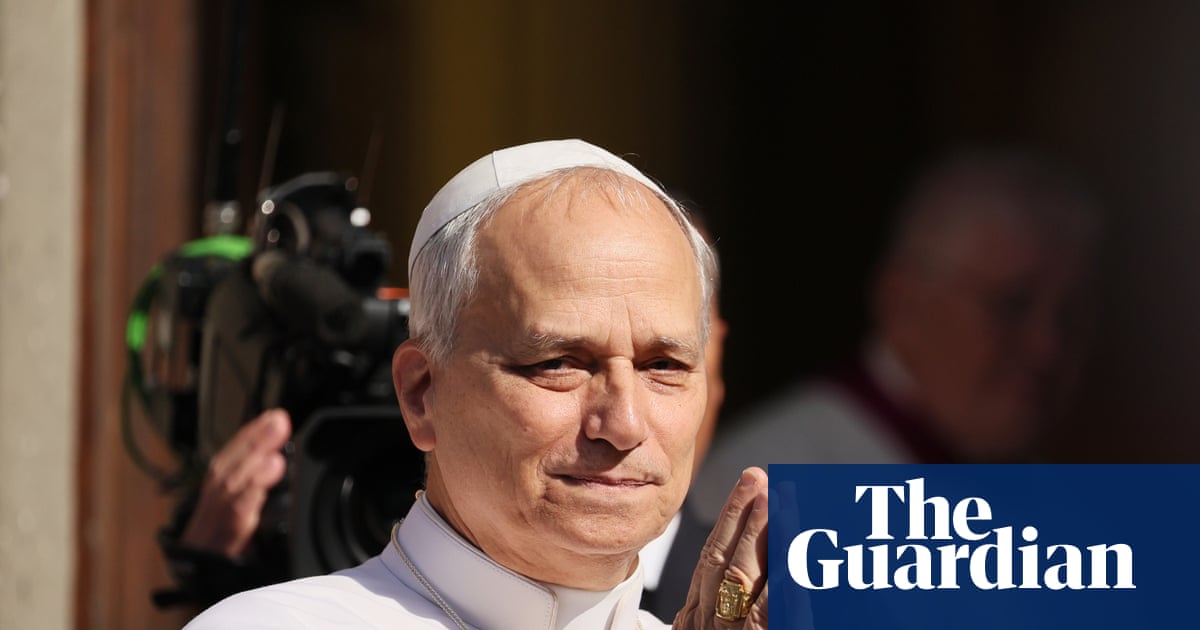In the first six months of his second term as president, Donald Trump has dominated the national political conversation, implemented an aggressive agenda of constitutional reform, scrambled longstanding American alliances, and helped alter US political culture.
Pro-democracy forces have been left with their heads spinning. They (and I) have spent too much time simply denouncing or pathologizing him and far too little time learning from him.
And there is a lot to learn.
Not since the middle of the twentieth century, when Franklin Delano Roosevelt led a constitutional revolution, has any president achieved so much of his agenda in so short a time. But to recognize Trump’s political genius is not to say that it has been put to good use or that he has been a good president.
Like others who see “connections and possibilities in circumstances that even people who are smart in conventional ways do not see,” the president has shown himself to be adept at reading the temper of the times, exploiting weaknesses in others, and assembling a coalition of the faithful that others would have never thought possible. What PittNews’ Grace Longworth wrote last September has been confirmed since he returned to the Oval Office.
“Trump is not as crazy or dumb as his opposition would like to believe he is,” Longsworth said.
Trump’s genius is demonstrated by his ability to transform “calamitous errors into political gold”. In the past six months, he has continued to do what he has done since he first appeared on the national political scene. From then until now, he has convinced millions of Americans to buy into his version of events and not to believe what they see with their eyes.
Insurrectionists become patriots. Law-abiding immigrants become threats to America’s way of life. Journalists become “enemies of the people”.
It’s magic.
Of course, the last six months have not been all smooth sailing for the president, who is now embroiled in a controversy about releasing material about the child sexual offender Jeffrey Epstein.
But Trump succeeds because he is undaunted by critics and unfazed by the kinds of barriers that would throw any ordinary politician off their game. When necessary, he makes things up and repeats them until what he says seems to be real.
None of this is good for democracy.
Trump has done what millions of Americans want done: transform the political system. He has not been afraid to call into question constitutional verities. The greatest, and most dangerous, achievement of the president’s first six months has been reshaping the balance of power among the executive, legislative, and judicial branches.
The president has activated a political movement that has produced what Yale Law Professor Bruce Ackerman describes as “constitutional moments.” In those moments, fundamental political change happens without any formal change in the language of the Constitution itself.
“Normal politics is temporarily suspended in favor of a ‘constitutional politics,’ focused on fundamental principles.” Since January, the Trump administration’s actions have indeed focused the attention of the nation on such principles.
Like it or not, Donald Trump is turning the constitution on its head, changing it from a Republican to an authoritarian document. And with every passing day, we see that transformation happening.
The Republican majority in Congress seems eager to let the president reshape the constitution and take on functions that it clearly assigns to the legislature. Tariffs, Congress is supposed to decide. Dissolving executive departments, Congress is supposed to decide. War powers, they belong to Congress.
But you’d never know any of that from the way the president has behaved since 20 January.
The supreme court has followed suit, giving its blessing to his aggressive assertions of executive authority even when they violate the clear meaning of the constitution. The court even severely limited the role of the lower courts by denying them the right to issue nationwide injunctions to stop the president from acting illegally.
Beyond Congress and the court, it seems clear that pro-democracy forces did not do all they could have to prepare for this moment. Trump’s opponents have not learned from Trump how to effectively counter his “constitutional moment”.
So what can we do?
We can learn from Trump the importance of telling a simple, understandable story and sticking to it. Pro-democracy forces need to pick a message and repeat it again and again to drive it home. There is surely no one in America who has not heard the phrase Make America Great Again and does not associate Maga with Trump. We can learn to appeal to national pride and drive home that national greatness requires addressing the daily experiences of ordinary Americans in language of the kind they use.
Make America Affordable Again. Make America Work Again for Everyone. Think X, Instagram, and what works on a podcast.
Pro-democracy forces can learn to be as determined and undaunted in defense of democracy as the president has been in his assault on it. Take off the gloves. Show your teeth, take no prisoners. Trump has shown that it matters to voters not just what you stand for but also how you go about standing for it.
after newsletter promotion
We can learn from the president that political success requires building a movement and not being trapped by the norms and conventions of existing political organizations. Remember Trump has gotten to where he is not by being an acolyte of Republican orthodoxy but by being a heretic.
In the age of loneliness, pro-democracy forces need to give people the sense that they are caught up in a great cause.
We can learn from the president that if the pro-democracy movement is to succeed, it needs to offer its own version of constitutional reform. Stop talking about preserving the system and start talking about changing it in ways that will make government responsive and connect it to the lives that people live.
The six-month mark in his second term is a good moment to dedicate or rededicate ourselves to that work.
What’s giving me hope now
Every Friday since April, I have organized a Stand Up for Democracy protest in the town where I live. People show up.
They hold signs and come to bear witness, even if what they do will not convert anyone to democracy’s cause. They want to affirm their belief that democracy matters, and they want to do so publicly.
Some are fearful, worried that they will somehow be punished for participating, but they show up.
In addition, Harvard University’s willingness to resist the Trump administration’s demands that threatened academic freedom and institutional independence set a powerful example. Whether or not the university reaches an agreement with the administration, Harvard’s example will still matter.
It is also true, as Axios reports, that protests against Trump administration policies and allies “have attracted millions in the last few months: Tesla Takedown in March, Hands Off! and 50501 in April, May Day, No Kings Day in June, and Free America on Independence Day”. Another mass event, “Good Trouble Lives On,” occurred on 17 July, “commemorating the fifth anniversary of the death of civil rights leader and former Rep John Lewis”.
Those events need to happen more frequently than once a month. But they are a start.
Axios cites Professor Gloria J Browne-Marshall, who reminds us that “effective protesting often starts with an emotional response to policy or an event, swiftly followed by strategy … The current movement is reaching that second stage”. In that stage, it has a chance to “‘actually make change in the government’.”
I think that the seeds of that kind of opposition have been planted. But there is no time to waste if we are to prevent Trump’s political ingenuity from succeeding in permanently reshaping the institutions and practices of our constitutional republic towards authoritarianism.
-
Austin Sarat, William Nelson Cromwell professor of jurisprudence and political science at Amherst College, is the author or editor of more than 100 books, including Gruesome Spectacles: Botched Executions and America’s Death Penalty

 4 hours ago
5
4 hours ago
5

















































